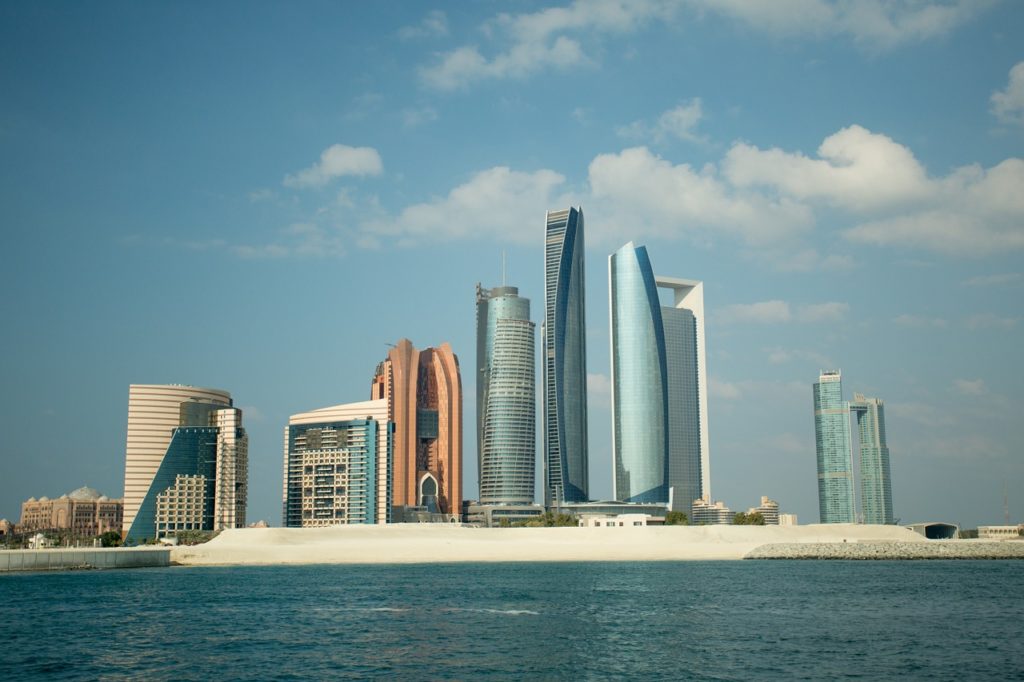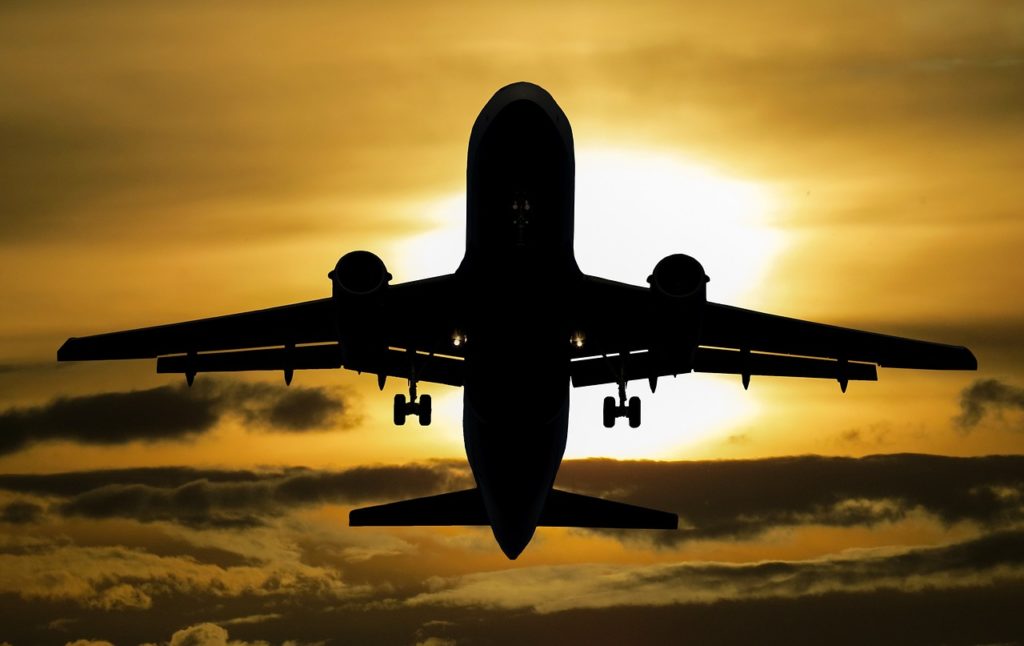As a result of oil prices rising following successive years of poor performance, several Middle Eastern countries are leveraging the increased revenue to invest in infrastructure projects with the potential to diversify their respective economies and shift away from a reliance on oil. The following are four recent infrastructure-related developments that will impact the economy and future of each country moving forward:
-
Abu Dhabi Boosts Tourism Infrastructure.

In an effort to increase economic growth in the United Arab Emirates (UAE), Crown Prince of Abu Dhabi and Deputy Supreme Commander of the UAE Armed Forces, Sheikh Mohamed bin Zayed Al Nahyan, announced in June a commitment of more than $13 billion in funding over the next three years to boost the emirate’s tourism infrastructure. Among other projects, the Crown Prince called upon developers to submit offers to build sports arenas, camping sites, and eco-tourism destinations as Abu Dhabi continues to build on its reputation as a destination of distinction. The announcement comes following the completion of several tourism-related attractions such as the Sheikh Zayed Grand Mosque, the Saadiyat Island Cultural District, and Warner Bros. World Abu Dhabi.
Department of Culture and Tourism chairman, Mohamed Khalifa Al Mubarak, called the investment “highly significant given its direct impact on the government’s strategy to diversify the economy and further grow non-oil sectors.” He added: “This recent directive reiterates the pivotal role that the tourism sector continues to play, especially in introducing Abu Dhabi to the world as a global destination for not only short-term visits, but also for investment and long-term stays.”
-
Iraq Increases Electricity Capacity.
Iraq is in the midst of overhauling its power infrastructure to meet longstanding electricity needs, and its Ministry of Electricity recently awarded a significant contract to ABB, wherein the company will deliver 15 mobile and five fixed 132-kilovolt substations in the central region of the country. Additionally, ABB will introduce vital products like air- and gas-insulated switchgear, capacitor banks, and power transformers as a means of improving power quality. “The substations will help to improve the electricity supply by expanding capacity and strengthening Iraq’s power infrastructure,” said Patrick Fragman, head of ABB’s Grid Integration group. “These projects add to our extensive installed base in the region and support our focus on growing markets, reinforcing ABB’s position as a partner of choice in enabling a stronger, smarter and greener grid.”
-
Jordan sells Queen Alia Airport.

On June 4, Airport International Group (AIG), which maintains the Build-Operate-Transfer concession for Jordan’s Queen Alia International Airport, was sold to a group of investors, including Groupe Airport Du Paris (Groupe ADP). As a result of the transaction, Groupe ADP now has a controlling stake of 51 percent in the airport. This sale represents an important benchmark for future infrastructure deals in the Middle East because the acquisition was the first approved sale of a secondary infrastructure asset in the region. Thus, it serves as a sign of growing investor interest to utilize Middle East infrastructure as valuable holding assets. Currently, the state owns the majority of infrastructure assets in the region.
“The consortium’s buyers have clearly recognized the attractiveness of the asset, especially given the relative lack of supply of investible infrastructure opportunities in the MENA region,” noted Suha Najjar, CEO of Akkadia Partners, which provided advisory services throughout all stages of the transaction. “It is our firm belief that there is considerable opportunity for further such deals in the region, and the strong investor appetite we experienced on the AIG transaction clearly shows the demand that exists for high-quality infrastructure assets among the regional and international investment community.”
-
Dubai Focuses on Solar Energy.
Known for its many green initiatives, Dubai is planning to construct the largest distributed solar rooftop project in the Middle East. The project is being developed by DP World as part of its Solar Programme. The operator of the Jebel Ali Free Zone will also be enacting green-energy measures on its facilities in Dubai by installing 88,000 rooftop solar panels capable of generating enough clean energy to power an estimated 3,000 homes per year.
The announcement came just months after UAE Prime Minister and Ruler of Dubai, Shaikh Mohammad Bin Rashid Al Maktoum, alleged that the emirate had the lowest cost of producing solar power in the world. He made the claim in March after breaking ground on what is expected to be the world’s largest Concentrated Solar Power (CSP) project. The Dubai Electricity and Water Authority later confirmed that the multibillion-dollar CSP project achieved the lowest Levelised Cost of Electricity in the world at 7.3 US cents per kilowatt hour.

